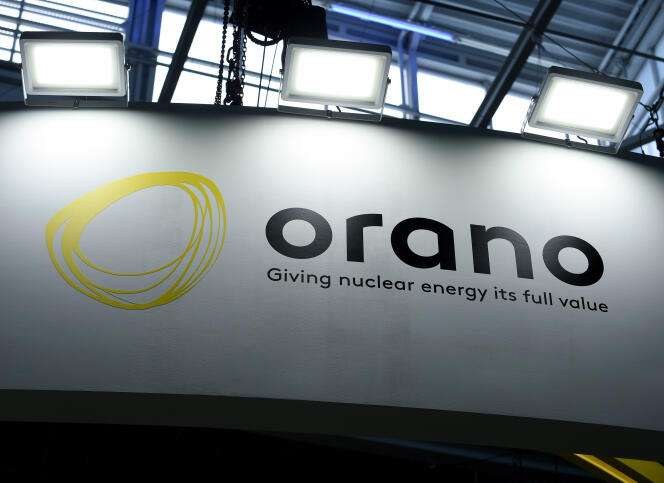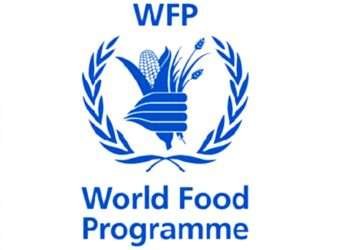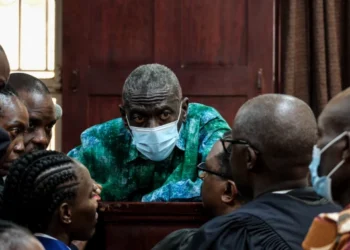Mali, Niger, and Burkina Faso are charting a new economic course, moving away from Western influence, particularly France, and forging partnerships with China and Russia
Despite being among Africa’s poorest nations, these Sahel countries are rich in natural resources, boasting significant reserves of gold, uranium, and lithium — all vital for global industries.
Over the past decade, Mali, Niger, and Burkina Faso have undergone major political shifts. Military coups in 2020, 2022, and 2023 led to their suspension from the Economic Community of West African States (ECOWAS), accompanied by sanctions.
In response, the military-led governments of these countries rejected what they called “Western economic domination” and withdrew from ECOWAS, forming their own Alliance of Sahel States (AES).
Historically, the West set the terms for African resource extraction, often dictating prices for raw materials. Seidik Abba, president of the Sahel think tank CIRES, explained: “The conditions were unilaterally set by the Western countries.”
Frustrated by these imbalances, Sahel nations have turned to emerging global powers. China, in particular, has capitalized on this shift, investing heavily in mining projects across the region. Chinese state-owned firms have secured major lithium mining contracts, a crucial element for renewable energy and electric vehicle batteries.
In December, China’s Ganfeng Lithium launched production at the Goulamina lithium mine in Mali, projected to yield 500,000 tons of spodumene concentrate annually over the next 23 years.
The Malian government holds a 30% stake in the mine, while 65% remains under Ganfeng’s control. To comply with Mali’s 2023 mining law, Chinese companies are required to ensure at least 51% of supply contracts benefit local enterprises.
According to Wang Xiaoshen, Ganfeng’s president, China anticipated Africa’s potential early on. “We believe Africa will provide the next great opportunity for the lithium business,” he stated in 2023. The Goulamina site is now ranked Africa’s sixth-largest lithium project, highlighting the region’s growing significance in the industry.
Shifting Energy Dynamics
Beyond lithium, uranium is another crucial asset at the center of geopolitical tensions. Niger, one of the world’s top uranium producers, recently revoked the French state-owned Orano’s license to operate the Imouraren mine, a site that previously supplied 10% of France’s and 25% of Western Europe’s uranium needs. The Nigerien government may soon terminate Orano’s Somaïr uranium mine license as well.

Ulf Laessing, head of the Sahel Program at the Konrad Adenauer Foundation, noted the impact of this decision.
“The borders to Benin are currently closed, so uranium cannot be exported. The port in Cotonou, the only one licensed for such exports, is now inaccessible since Niger’s exit from ECOWAS.”
Ulf Laessing
This move has forced European nations to seek alternative uranium suppliers while reinforcing Niger’s pivot toward non-Western partners. With China and Russia expanding their influence in African mining, the balance of power in global resource markets is shifting.
In Burkina Faso, the government is taking further steps to reclaim control over its mining sector. President Ibrahim Traoré has made it clear that foreign companies will no longer exploit Burkina Faso’s resources unchecked.
In August 2024, his administration expropriated the Boungou and Wahgnion gold mines from British-owned Endeavour Mining Plc, asserting that Burkinabe hands should control the nation’s wealth. “The resources of our country should no longer be exploited so easily by foreign businesses,” Traoré declared.
As these West African nations redefine their economic alliances, their choices could reshape Africa’s resource landscape. The withdrawal from Western influence, coupled with closer ties to China and Russia, signals a new era of economic relationship — one that could significantly impact global trade and energy security.
READ ALSO: Indeed, ORAL Was a Toothless Institution – Shamima Muslim























